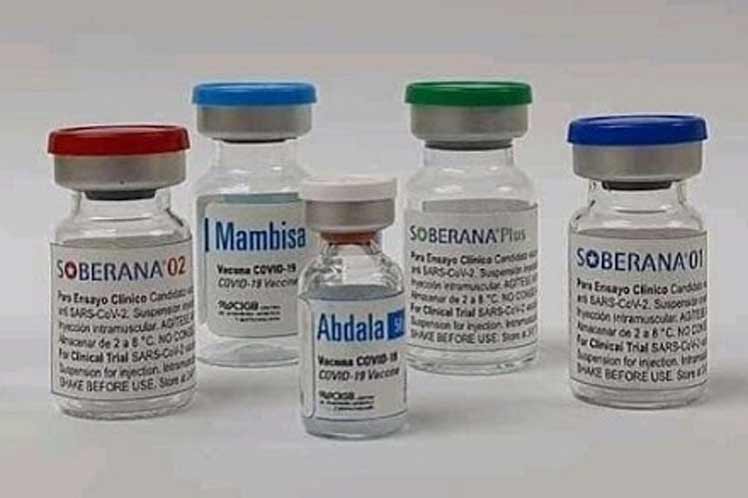After mentioning the Latin American publication Jacobin, it stressed that “Cuba is one of the few low-income countries that not only vaccinated the majority of its population, but it did so with its own vaccine.”
For the Uruguayan weekly, this Cuban saga indicates a possible way out for developing countries, which continue to fight the pandemic within the framework of an apartheid of vaccines.
According to John Hopkins University, the author wrote, 78 percent of the Cuban population completed the vaccination scheme and the Caribbean island is in the ninth place in the world ranking, above rich countries such as Denmark, China and Australia with less than 60 percent.
With 100 percent of its population receiving at least one dose, “Cuba is an atypical case among low-income countries, which together vaccinated 2.8 percent of their populations,” it is contrasted.
Caras y Caretas quoted the director of the Finlay Vaccines Institute, Vicente Verez, who said that Cuba had made a “safe bet” on the development of its Abdala and Soberana vaccines candidates and the possibility of adding them to its exports.
“The results are in sight,” he highlights when referring to Vietnam, with only 39 percent of its population fully vaccinated, which signed an agreement to buy five million doses, and Venezuela, which received the first batch of one million.
Meanwhile, Iran and Nigeria signed an agreement with Cuba to develop their own vaccines and recently Syria began to discuss with the Cuban authorities the possibility of doing the same. The two abovementioned vaccines are part of a package of five on which, since September, Cuba is in the process of obtaining approval from the World Health Organization (WHO).
jg/jha/hr









